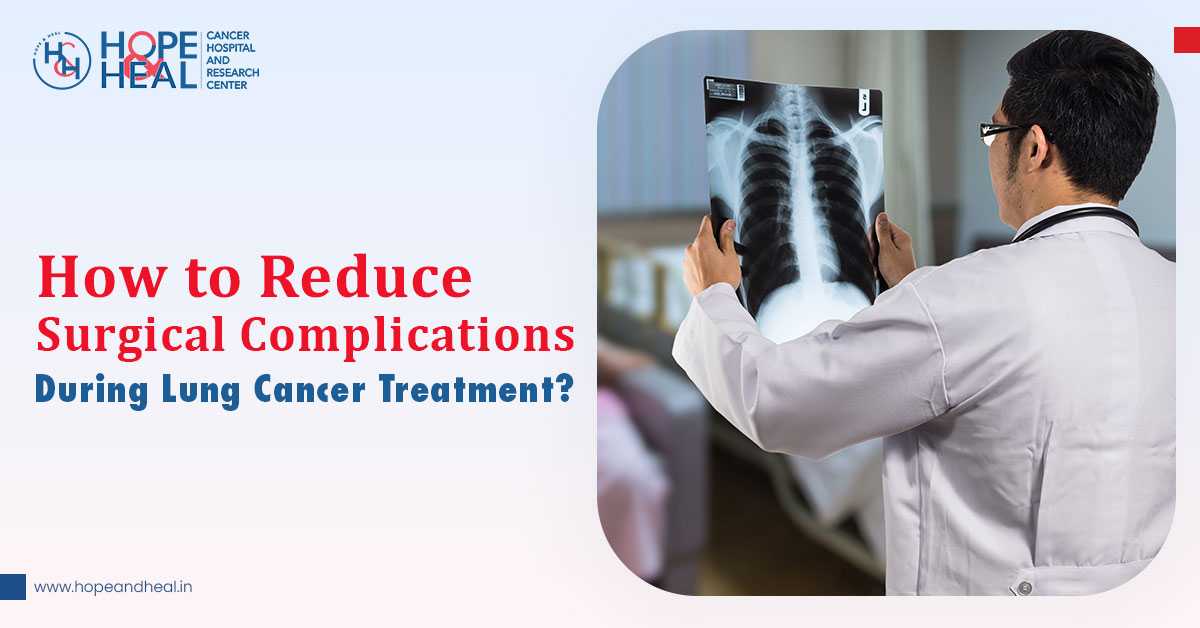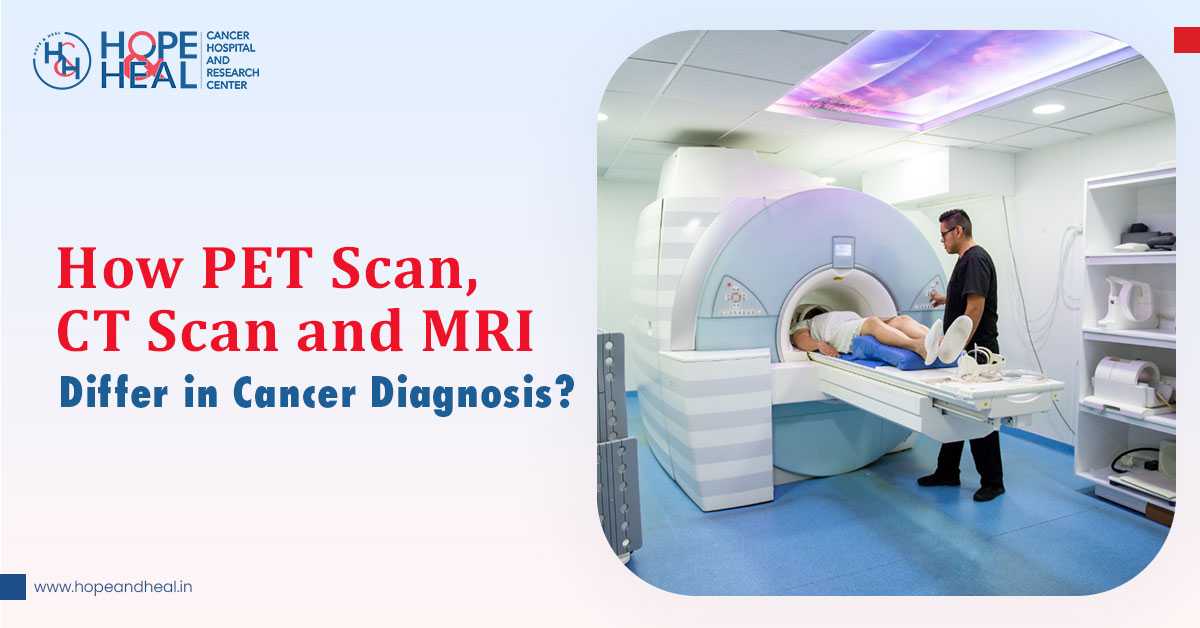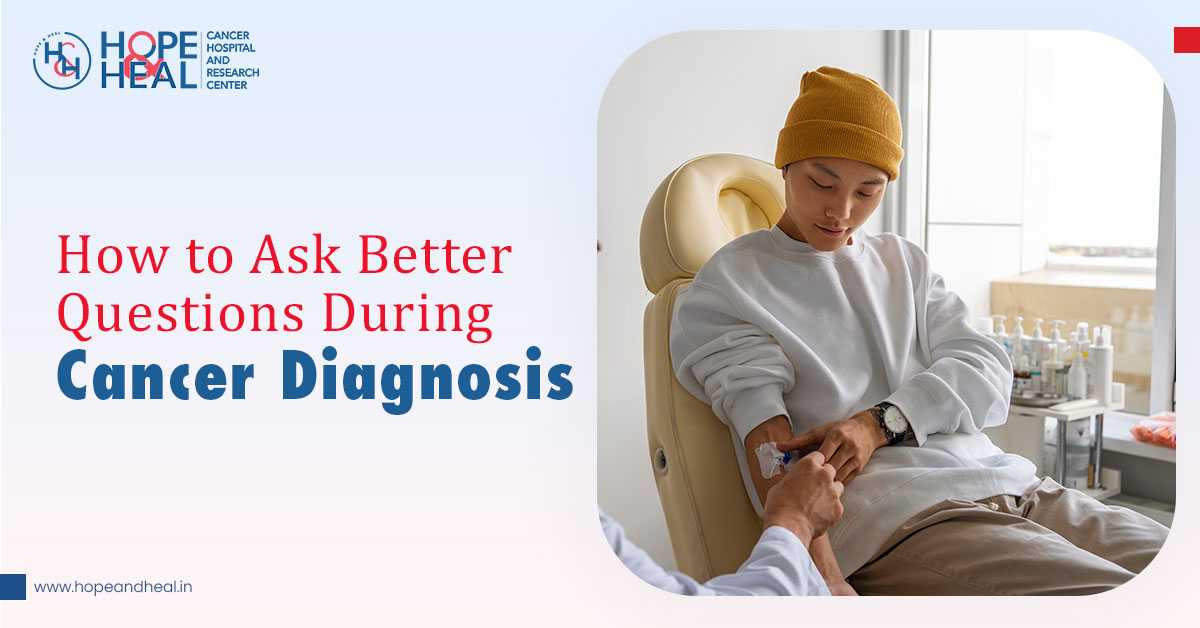To prevent the risk of lung cancer, you have many ways. However, none of these tips can guarantee that following this guidance can completely prevent lung cancer. When tobacco smoking causes more lung cancers, tobacco smoking is not an exclusive reason for lung cancer. You can consult the leading lung cancer specialist in Siliguri, North Bengal.
In this reading, we’ve shared some practical tips for reducing the risk of lung cancer. Have a read.
Stop Smoking Tobacco
Did you know tobacco smoking is packed with cancer-causing materials (carcinogens)? So, when you inhale these harmful/cancer-causing chemicals, you amplify your risk for lung cancer. However, smoking can increase the likelihood of many types of cancer, not just lung cancer.
First, these substances damage lung tissue and lead to changes in lung tissue. Damage to DNA over time may result in DNA mutations, leading to lung cancer. You can ask your doctor, such as a pulmonologist or general physician for smoking cessation support if you think you can’t give up on tobacco smoking.
Avoid Secondhand Smoke
Secondhand smoke means exposure to smoke that comes from other people’s cigarettes or cigars or when they exhale smoke. When inhaling secondhand smoke, you’re taking in harmful cancer-causing substances from cigarettes.
As per reports, around seventy chemicals in secondhand smoke can result in cancer. There’s no level of exposure to secondhand smoke that is safe. Try your best to keep from secondhand smoke at work, at home, or in public.
Know Your family history
If your first-degree family member (e.g., a parent or sibling) has had lung cancer, it might increase your risk for the same. Here both genetic and environmental factors can elevate your risk for lung cancer and other types of cancers.
Many people with no trace of lung cancer in their family can develop lung cancer as well. Personal history of smoking and prolonged exposure to second-hand smoke can put you at an increased risk. Seek guidance from the best lung cancer specialist in Siliguri.
Test Your Home for Radon Gas
Radon (radioactive gas) can’t be seen or smelled, yet it is the second major reason for lung cancer after smoking. And did you know that is the leading cause of lung cancer in nonsmokers?
This harmful (radioactive) gas comes out when uranium in rocks and soil degrades. During breathing, radon particles go into our lung airways. Over time, these particles damage lung tissue. DNA mutations caused by radon gas can lead to lung cancer. You can check if your home or surroundings have radon exposure.
Keep from the Risk of HIV Infections
Chronic HIV is known to be a major risk factor for lung cancer. Here, HIV infections weaken immunity, allowing viruses to increase the risk of cancer.
Smoking rates are greater among HIV patients. Plus, if remains untreated, this infection causes excessive inflammation levels throughout the body.
To prevent the risk of HIV infections, practice safe sex (use a condom when having sex). Get immediate checkups if you suspect anything.
Eat a Nutritious Diet
Follow a balanced diet rich in fruits, vegetables, whole grains, and lean protein, and these will minimize your lung cancer risk. Include cruciferous vegetables, citrus fruits, seeds, nuts, and whole grains like quinoa, oats, and brown rice in your diet for wholesome nutrition. Talk to the top lung cancer specialist in Siliguri, North Bengal.
Get Regular Exercise
According to studies, physical activity might decrease the chance of lung cancer by 20-30% for women and 20-50% for men. Proper workouts help boost lung function, immunity, and digestion, and reduce the risk of inflammation in the body.
You can take several practical steps to keep lung cancer risk at bay. Consult your healthcare provider if you experience trouble breathing, unexplained fatigue and weight loss, new onset of cough with or without blood, hoarseness, wheezing, etc. You need an expert diagnosis that will help provide the best possible treatment outcomes. For comprehensive lung cancer treatment, visit Hope & Heal Cancer Hospital and Research Centre.
Comments (0)






